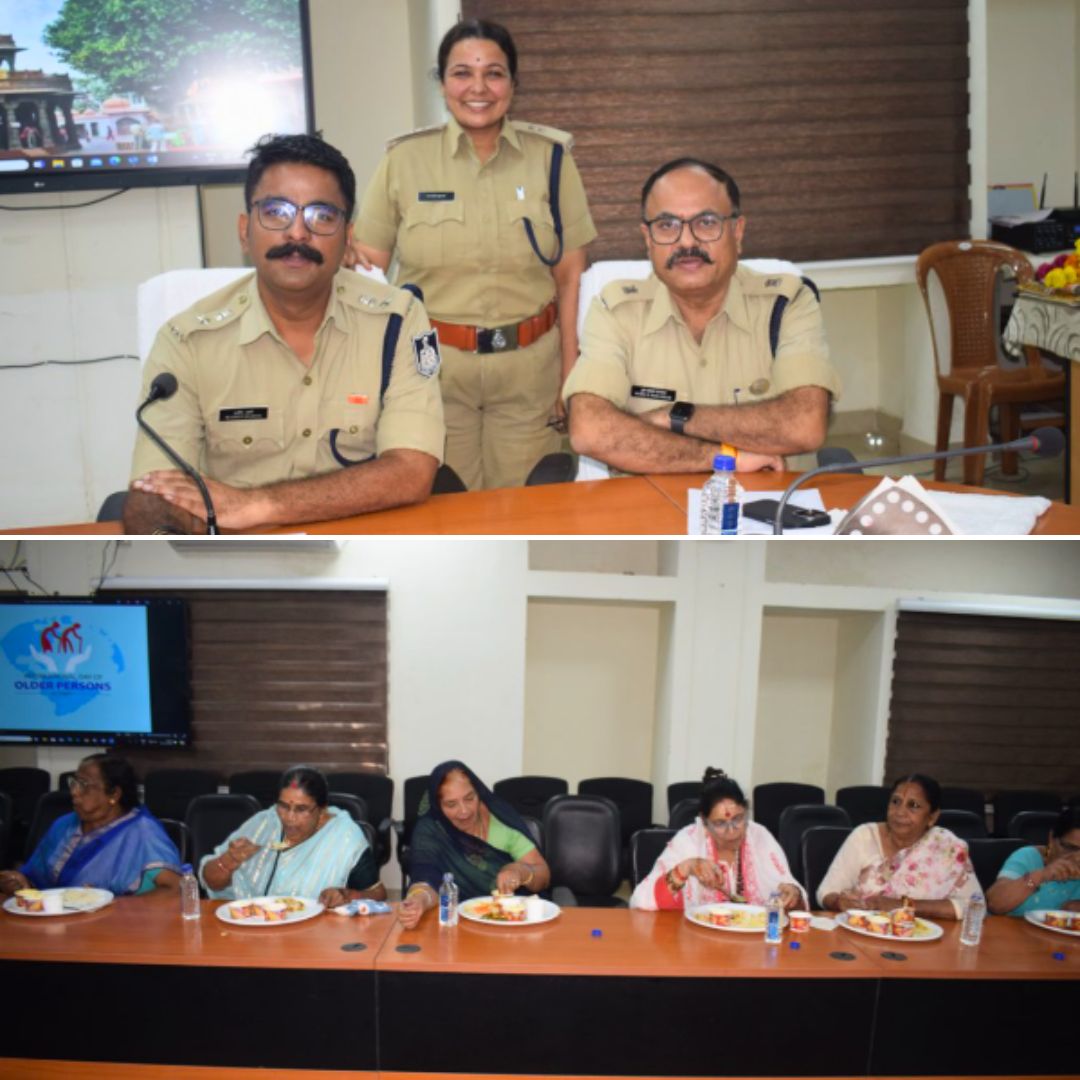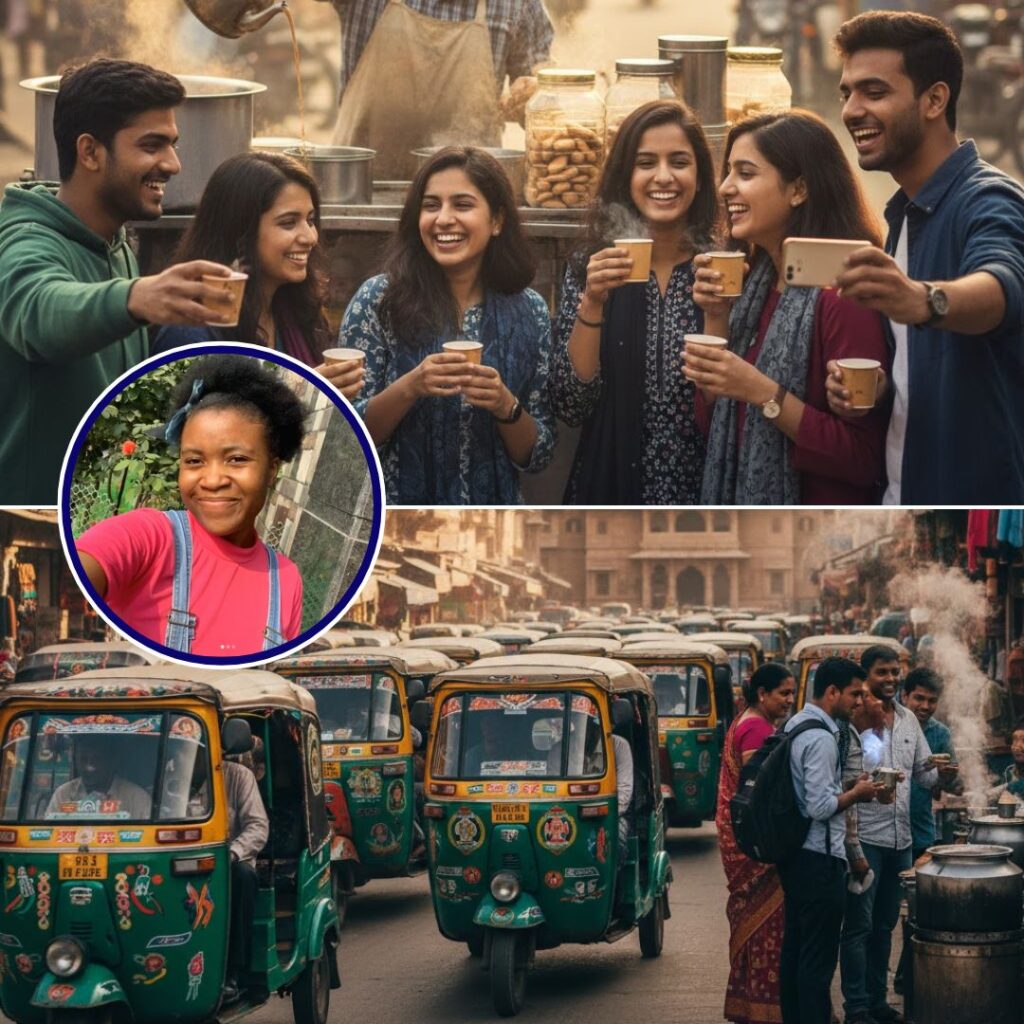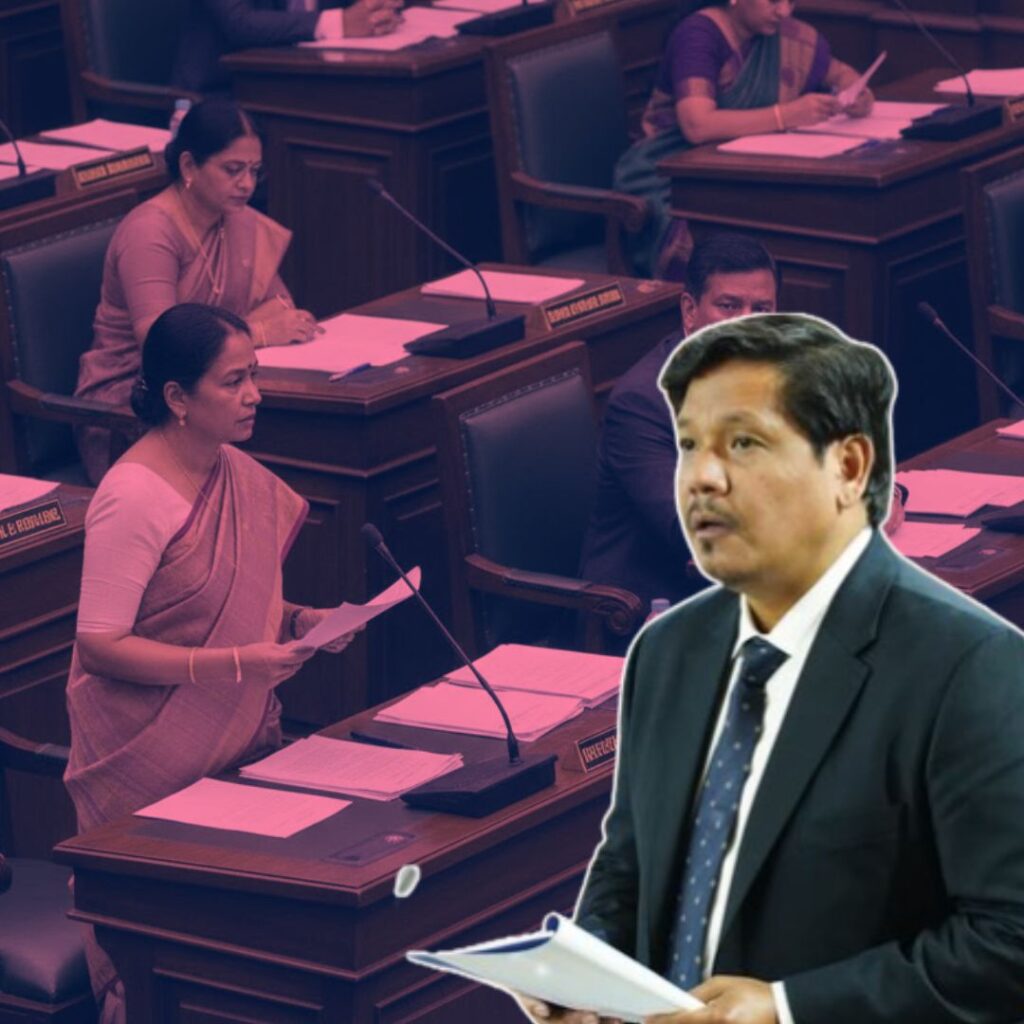In a progressive stride towards elder protection, Ujjain’s police leadership, under Superintendent of Police Pradeep Sharma, has launched a pioneering initiative called Standing Strong for Seniors.
This innovative effort aims to combat rising crimes against senior citizens and foster an environment where elders can live with dignity, security, and respect.
Since its inception in July 2024, the initiative has gained momentum, marking a significant milestone in community policing and eldercare in India.
The Genesis: Addressing An Urgent Need
The harsh reality of neglect, fraud, and violence faced by seniors in India has increasingly come to the forefront, prompting law enforcement and social organisations to seek effective solutions.
Ujjain, a city rich in cultural and spiritual heritage, highlighted this concern when a growing number of cases involving domestic abuse, financial scams, land frauds, and cybercrimes against elderly residents were reported.
IPS Sharma recognised that a targeted, community-oriented police response was necessary to fill the gaps, leading to the establishment of the Senior Citizens Cell at the Mahila Thana.
Drawing inspiration from broader national challenges-such as rising elderly population vulnerability and inadequate safety nets-Sharma aimed to create a model that could be replicated across other cities.
His vision was rooted in empathy, proactive engagement, and multi-stakeholder collaboration, aiming to not just respond to crimes but prevent them altogether while empowering seniors with awareness and legal support.
Implementation: How the Initiative Works
The Standing Strong for Seniors programme is structured around a series of strategic activities designed to reach every corner of Ujjain’s aging population. At its core stands the dedicated Senior Citizens Cell, which is operational every Wednesday from 11 AM to 1 PM.
During these sessions, a team of specially trained police officers, including an Additional Superintendent of Police, Deputy Superintendent, Sub-Inspectors, and constables, interact directly with elders, building rapport and trust.
A notable feature is the regular field visits conducted by police teams to senior citizens’ homes, ensuring they feel protected within their communities. This proactive approach helps identify vulnerabilities and address issues related to property disputes, domestic violence, or health emergencies.
Moreover, the programme employs a robust monitoring mechanism, including a phone-check system enabling officers to stay in touch with registered elders, reassure them, and promptly address grievances.
Furthermore, the initiative extends beyond mere crime reporting. It encompasses awareness campaigns, seminars on digital safety, and workshops about legal rights, helping elders recognise scams like cyber fraud and land grab schemes.
Legal aid is offered free of charge, with legal officers assisting elders in navigating complex judicial procedures, emphasizing the duty of the state to uphold their rights and dignity.
The Results: Transforming Lives and Communities
Since its beginning, the Standing Strong for Seniors initiative has demonstrated impressive results. In just six months, over 170 cases have been resolved, bringing tangible relief to vulnerable elders across Ujjain. These cases include a significant drop in cybercrime incidents; targeted educational sessions on digital safety have empowered seniors to identify and avoid scams.
The police have also successfully intervened in domestic violence disputes, land disputes, and tenant conflicts, often working in tandem with revenue and legal authorities.
The initiative’s impact extends to community perception as well. Elderly residents now report feeling more secure and supported, with increased trust in law enforcement. The police’s regular home visits and engagement have fostered a sense of belonging and security among elders, counteracting feelings of isolation.
The collaboration with district legal authorities, NGOs, and local government bodies has supplemented police efforts, creating an integrated support ecosystem.
Moreover, data shows a decline in crime rates targeting senior-particularly online scams and thefts-indicating the efficacy of awareness campaigns and targeted interventions.
The program has also paved the way for establishing dedicated helplines like Dial 100 and 1090, expanding accessible points of contact for emergency and non-emergency assistance.
Broader Context: Connecting Local Actions with National Goals
The Ujjain model resonates with the national agenda for elderly welfare, which recognises senior citizens as vital pillars of society. The government’s Maintenance and Welfare of Parents and Senior Citizens Act, 2007, and other welfare schemes aim to safeguard elders, but enforcement and awareness often lag.
Sharma’s initiative complements these efforts by translating policy into local action. It aligns with the central government’s focus on elder rights and safety, including schemes for legal aid, health services, and social security.
Incidents leading to this focus include the increasing cases of elderly fraud victims, a rise in domestic violence, and the social isolation wrought by urbanisation and digital transformation.
These issues have not only spurred local government action but also drawn media attention to elder rights, inspiring similar initiatives in other parts of India.
The Road Ahead: Expanding and Enhancing Elder Support
Building on the positive outcomes, plans are underway to expand Standing Strong for Seniors. Upcoming initiatives include establishing dedicated helplines to provide round-the-clock assistance, verification mechanisms for domestic help and tenants, and partnerships with NGOs for health and social support services.
Sharma plans to leverage technology further, integrating mobile apps and online portals to streamline complaint lodging, legal aid, and awareness campaigns.
There is also a focus on replicating this model in other districts, adapting it to local needs while maintaining its core principles of empathy and community involvement.
The government has expressed interest in scaling such programmes nationally, recognising the power of proactive, community-based policing to uphold elders’ dignity and safety.
The Logical Indian Perspective
The Standing Strong for Seniors initiative sets a powerful precedent for elder protection, demonstrating how dedicated police efforts, when combined with community and government support, can bring about meaningful change.
IPS Sharma’s approach reflects a broader societal responsibility: to honour those who have laid foundations of the nation by ensuring they live with respect, security, and love.












